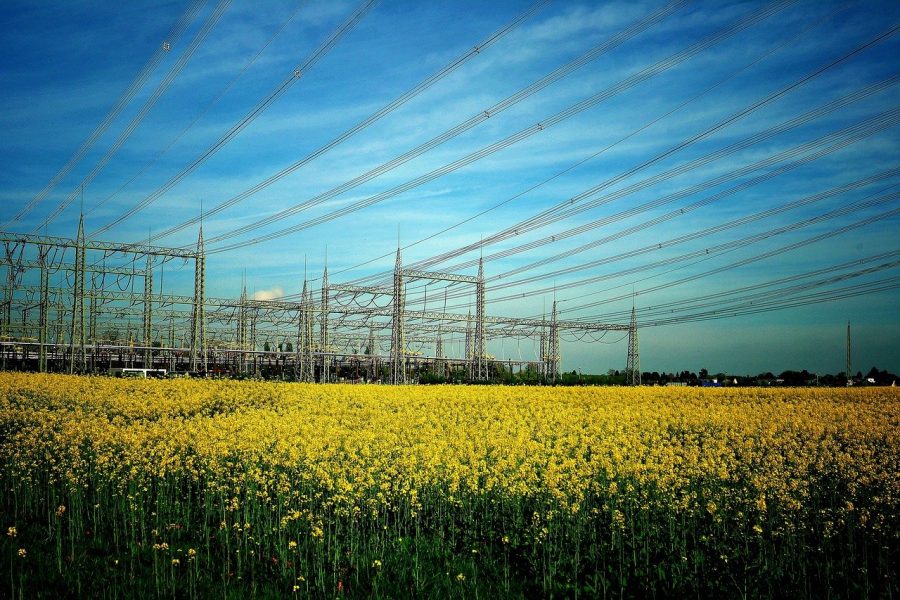
Europe’s Choice: The Next Phase of the European Green Deal
22 July 2024
One-stop shops for energy communities: Mapping service design attributes, synergies, and challenges
24 July 2024By Susanne DE JONG, Giulia HONEGGER, Clara LUZ, Shaida MAHMOUD, Côme THIROT
Abstract
The European Union relies on several programmes to implement its climate, energy, and environmental policies, co-funding related projects with a predominant theme around Energy Efficiency. While only the LIFE programme is solely dedicated to these themes, other programmes such as Horizon Europe, the Innovation Fund and Interreg might similarly contribute. Following the 2022 invasion of Ukraine and resulting energy crisis, the European Commission designed the REPowerEU strategy to accelerate clean energy, save energy and diversify energy supplies. Analysing a sample of 81 projects in terms of their respective contributions to the achievement of the three REPowerEU pillars, this paper examines whether bottom-up approaches may aid policy design and implementation, particularly around Energy Efficiency. A systematic literature review identifies a significant literature gap, highlighting the report’s relevance. A theoretical framework is built and explained, to then thematically analyse a 30-project subsample. Two case studies, supported by interviews, supplement findings and enable an outlining of policy recommendations. Despite challenging conclusions regarding the causal nature, most projects targeted at least two pillars and an EU-wide improvement of policies, while others focused nationally. Broadly, the findings indicate that bottom-up approaches still have untapped potential, as they lack a clear pathway to drive institutional change.


